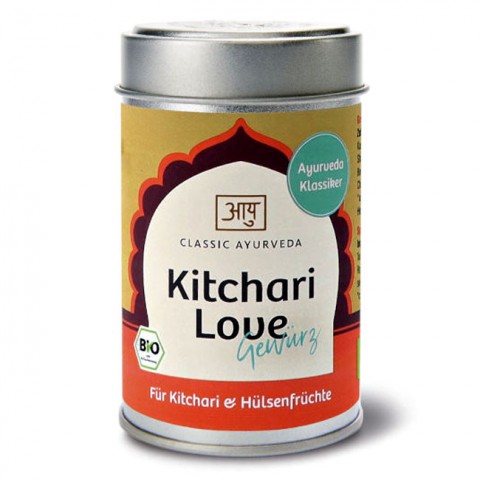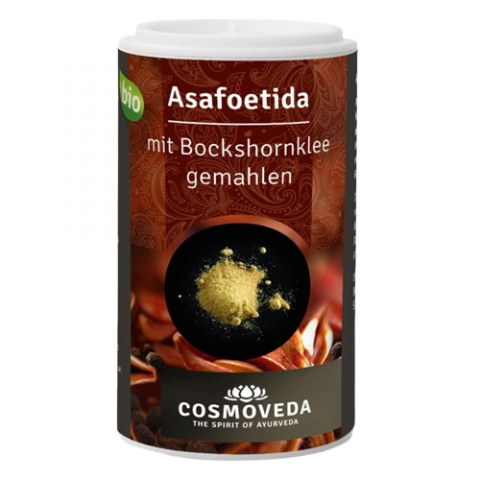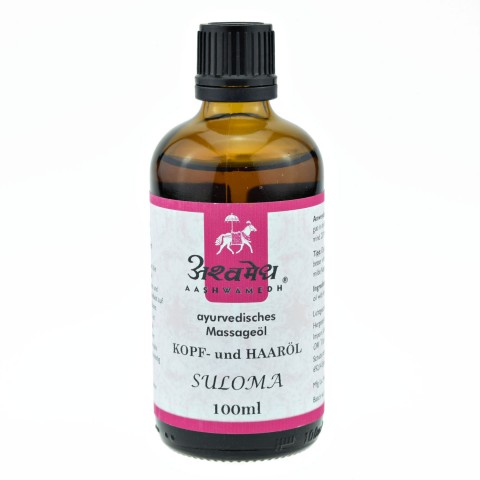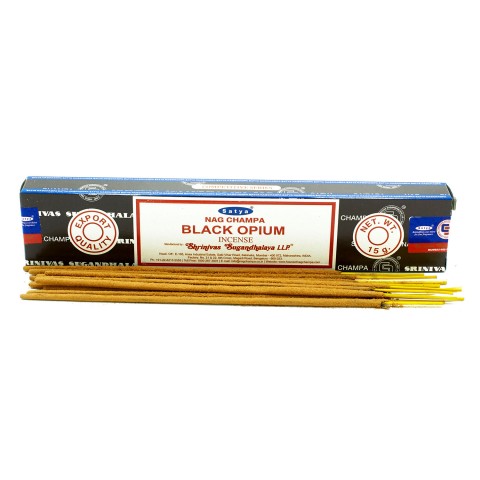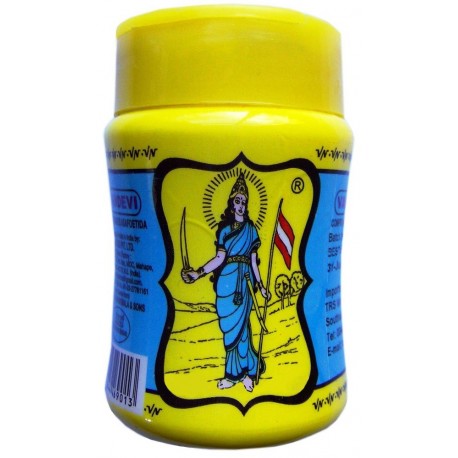

Asafetida - fragrant ferula - aromatic plant resins of the plant Ferula Asafetida , smell and taste reminiscent of garlic. Used in the mixture due to its extremely strong odor. Added to soups, stews, legumes. Suitable for adding to the first, second (not sweet) dishes who like the taste of onion and garlic. The taste and smell are very specific.
The fragrant ferula (also called Asafetida ) has a pungent, unique taste and bright aroma, so even a small pinch of it will give your dishes a unique aroma.
It is especially noticeable after frying it in heated ghee or oil. Roasted with other spices, it is perfect for seasoning lentil soups, vegetable dishes and spicy fruit sauces.
What are the properties of asafetide?
In Lithuania, this mixture of asafetide with rice flour and turmeric is most commonly used. If you use net - put it in half less. The aroma of asfetida resembles, on the one hand, a fermented cheese with a strong aroma, perhaps a bit of black truffle, on the other hand, an onion and a garlic. The aroma of asphetide is close to the onion family due to its sulfur compounds, ie the same essential oils as well as asafetides are characteristic di-, tri- and tetrasulphides.
The presence of asphetide in food mimics eggs, garlic, onions, meat, truffles (mushrooms). Assafetide is usually used in very small quantities to give cheesy, spicy and sometimes sweet dishes a distinctive spicy aroma. When preparing with asafetide, take some of its powder and fry for a few seconds in hot fat along with other spices before adding to the dish. Add asafetide to legumes and potatoes, rice, mixed vegetable dishes, fried snacks. Since the aroma of pure asaphetide, not mixed with rice flour, is much sharper and more intense than that sold in a flour mixture, use it for half a meal.
Assafetide tastes sharp and hot, it increases appetite, ignites digestive fire, tones , the use of asafetide in food prevents the accumulation of gas in the intestine - meteorism, and facilitates digestion of food . In addition to the powerful healing properties of the gastrointestinal tract, asafetide relieves spasms and reduces toothache.
Asafetide is widely used in India. It is an essential food ingredient, and harder to digest dishes such as legumes or potatoes should always be prepared with it. Especially appreciated by yogis, Jainists and Vedic followers who are strict vegetarians who do not even eat garlic and onions. Asafetida is a great substitute for them, leaving no odor in the body after eating it. Assafetide also has a strong sedative effect. Asafetida is sometimes not only intolerant to humans, but also leaves worms and other parasites, such as tapeworms, out of the body . Ayurveda asafetides have the strongest antimicrobial and bactericidal properties. Ayurveda also recommends the use of asafetide in gynecological conditions and impotence. Regulates the menstrual cycle, relieves menstrual cramps . After giving birth, women taking asafetide recover more quickly and recover. Unless otherwise stated, use no more than ¼ teaspoons of asafetide as a mixture with flour. Use pure asafetide even less.
Asafetide should be avoided by fever, people with increased acidity, hives and skin rashes. Asafetide should also be used with extreme caution in pregnant women. Fragrant ferula (asafetida).
Pure, strong, unadulterated. India and Iran are the main producers of this spice. The root of this fennel reaches up to 1.5 m and resembles a carrot, is 15 cm in diameter. From this root the grass grows every year and reaches a height of 2 meters. The technology of extracting this spice is very unique. In the spring, asafetida pickers take to the mountains. The roots suitable for collecting spices mature in 5 years. The root of the plant is slightly cut off, exposed to the ground to a certain length, and the greenery is cut. Then cover with dry leaves and loosen dry ground and leave for 30-40 days. Then dig up the root again and cut off the top. White milk-like root juice resembles droplets at the site of incision. To protect the juice from the sun and dust, cover with specially prepared caps. After a few days, the voters collect the hardened resin, which is already starting to spread a strong sulfuric aroma, and cut it back a bit again. This procedure is repeated until the root stops extracting the juice. Up to 1 kg of resin can be collected from one root. When dried, it resembles pieces of amber or rosin. It is dried in the sun and crushed into a powder, mixed with rice flour and turmeric, which softens the intense odor of asafetide. Asafetide and pure, without impurities can be bought in India. These are like pieces of resin with an extremely intense all-pervading aroma.
How to store?
Due to its strong odor, asafetide should be kept tightly closed. People who are not yet accustomed to the smell of asafetide should place the container with it in another container, such as a glass one, with a tight lid, otherwise the smell of asafetide may irritate as needed. But strange and amazing, asafetida, so strongly unpopular with you at first, can eventually bind you so much that you would not be able to imagine a single dish without it. And with the same strength as you couldn’t stand it, you can’t live without it.
Composition:
Rice flour, acacia gum, asafetida, turmeric, wheat flour .
Nutritional value (100 g):
297.5 kcal: fat 4 g (of which saturated 1.4 g), carbohydrate 59.2 g (of which sugar 0 g), fiber 18.4 g, protein 6.2 g, sodium 0.1 g.




